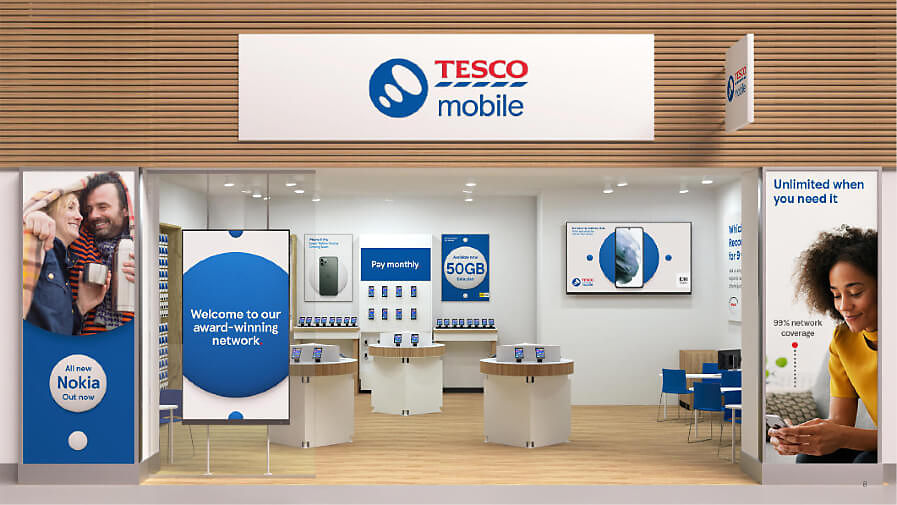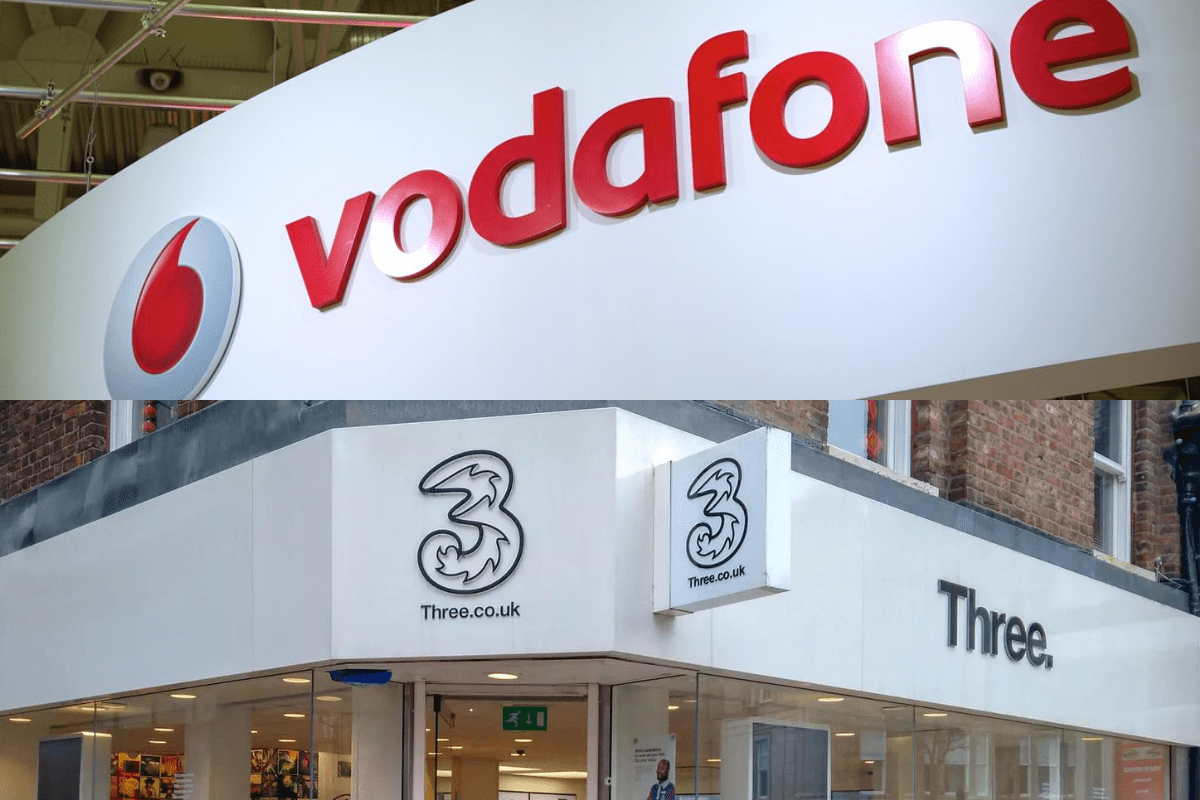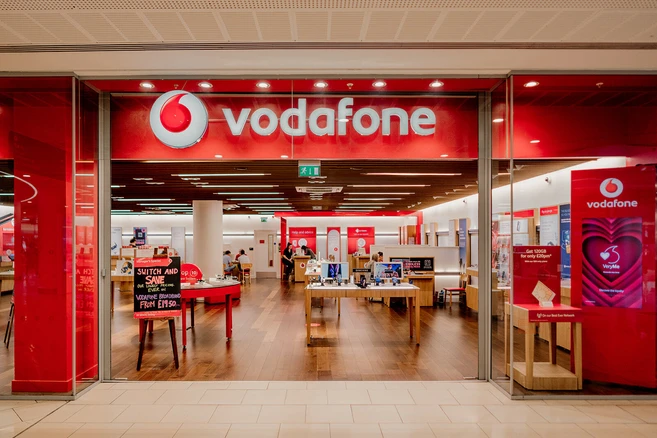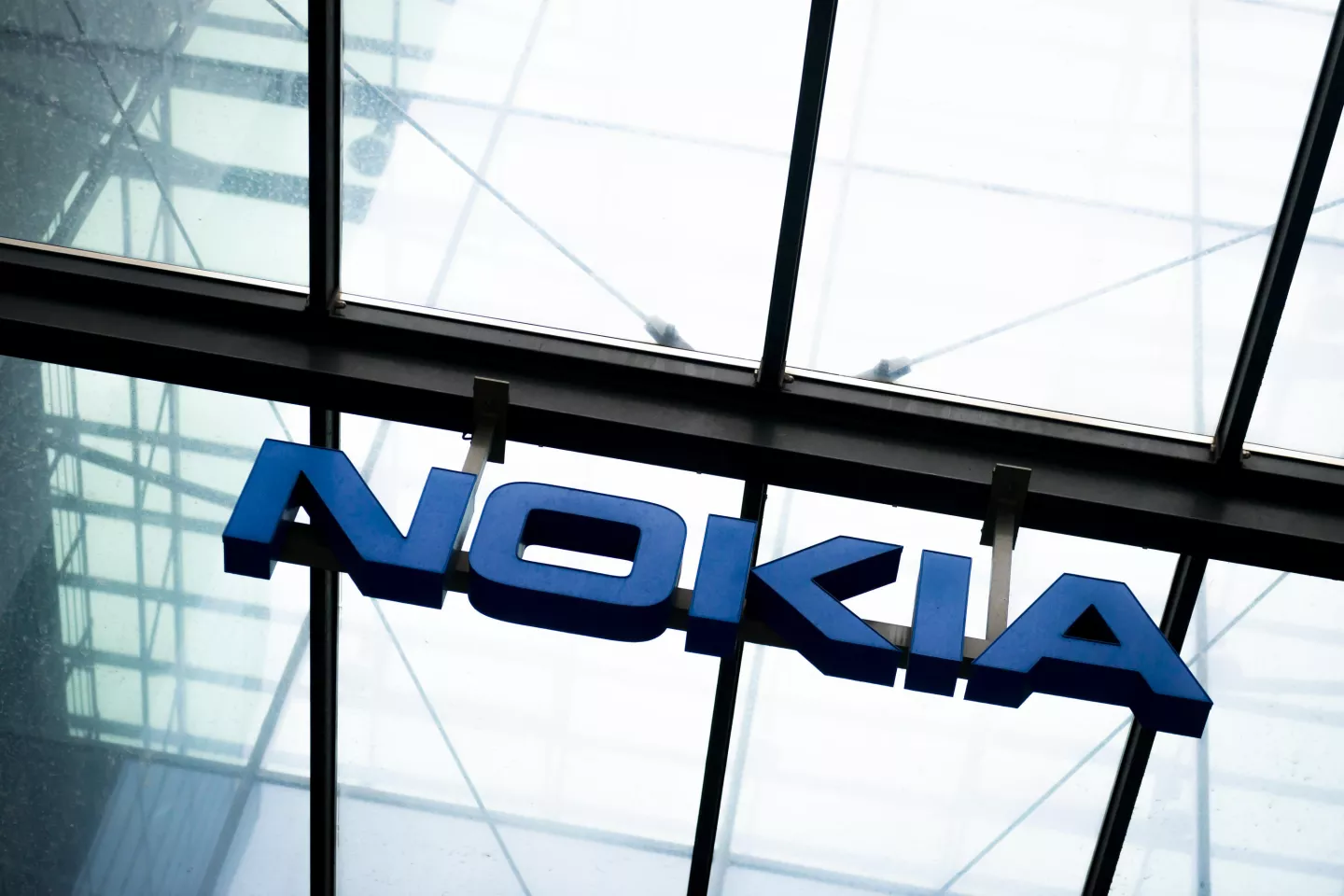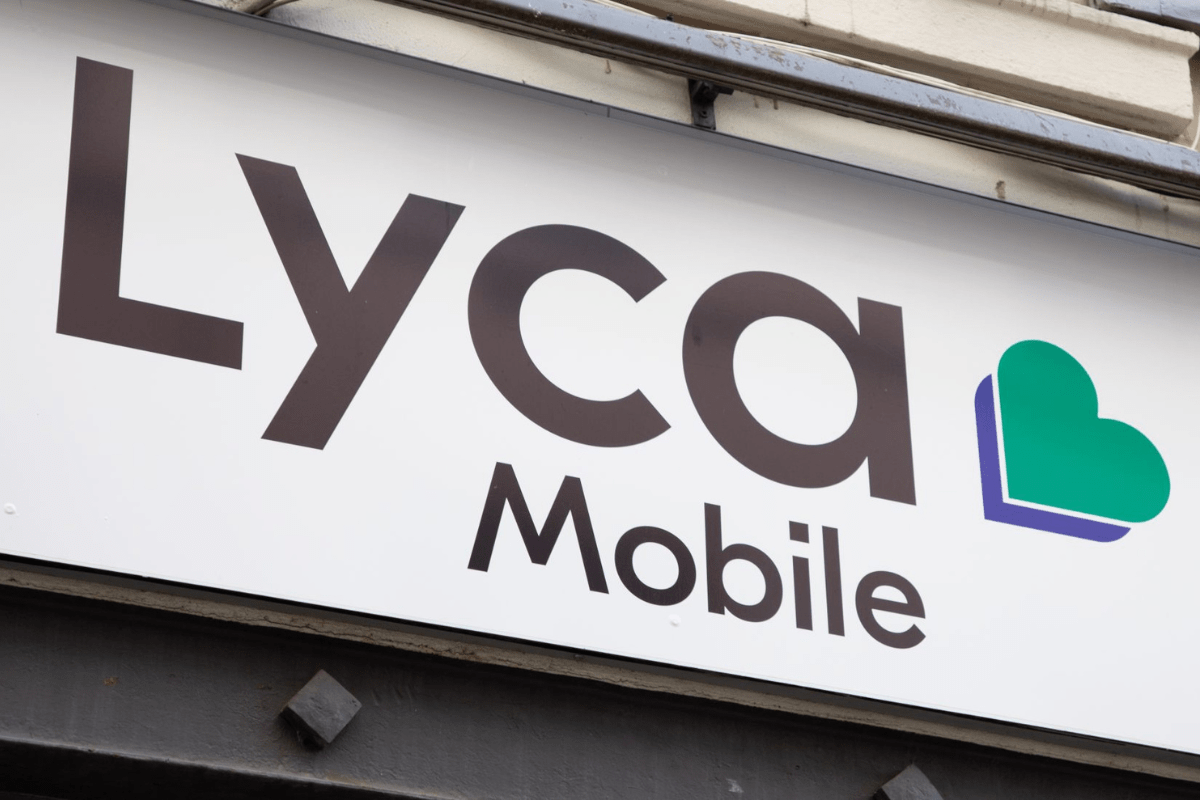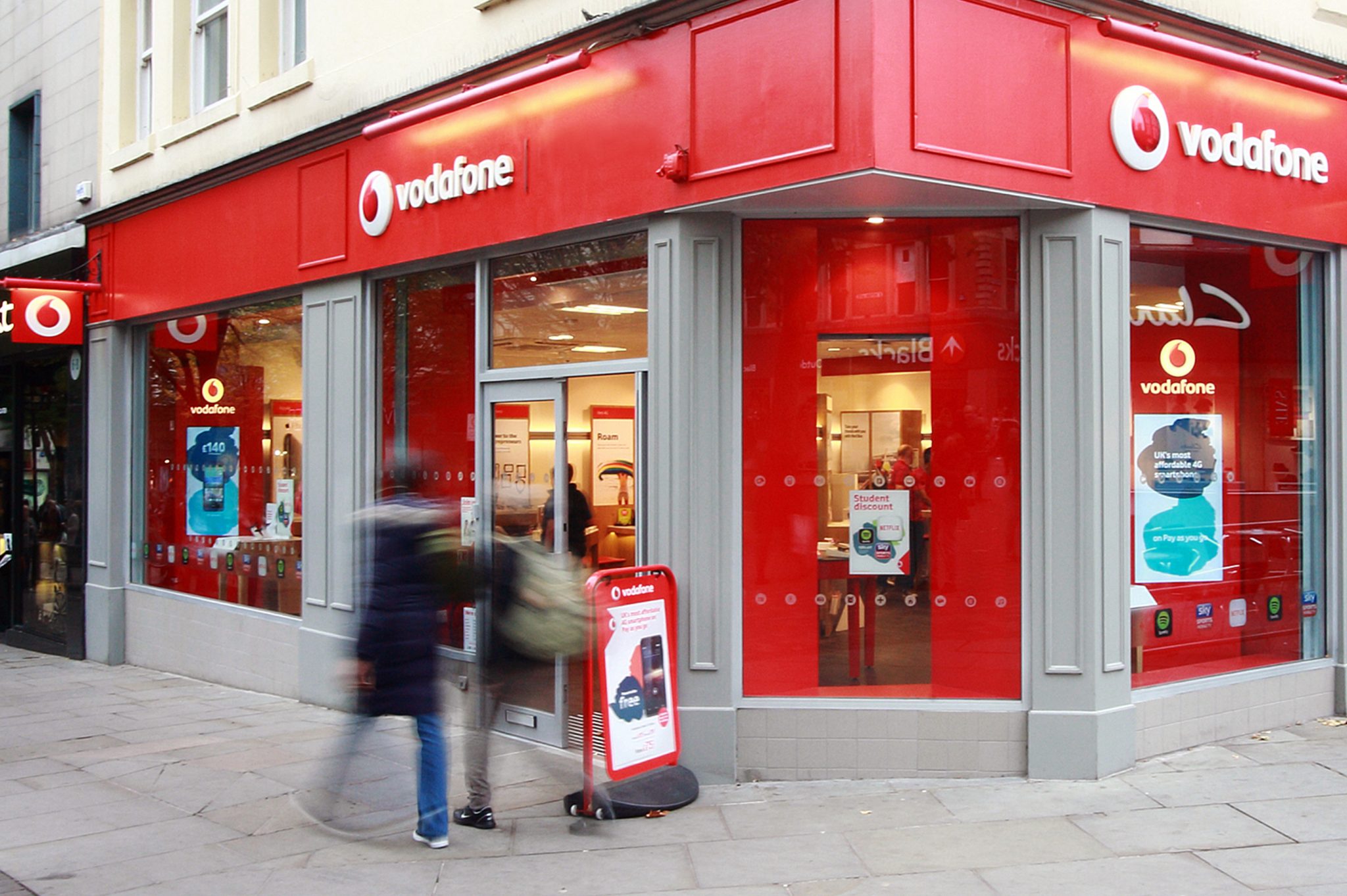UK consumers spent more than £1bn on music streaming services for the first time in 2019
- Friday, January 3rd, 2020
- Share this article:
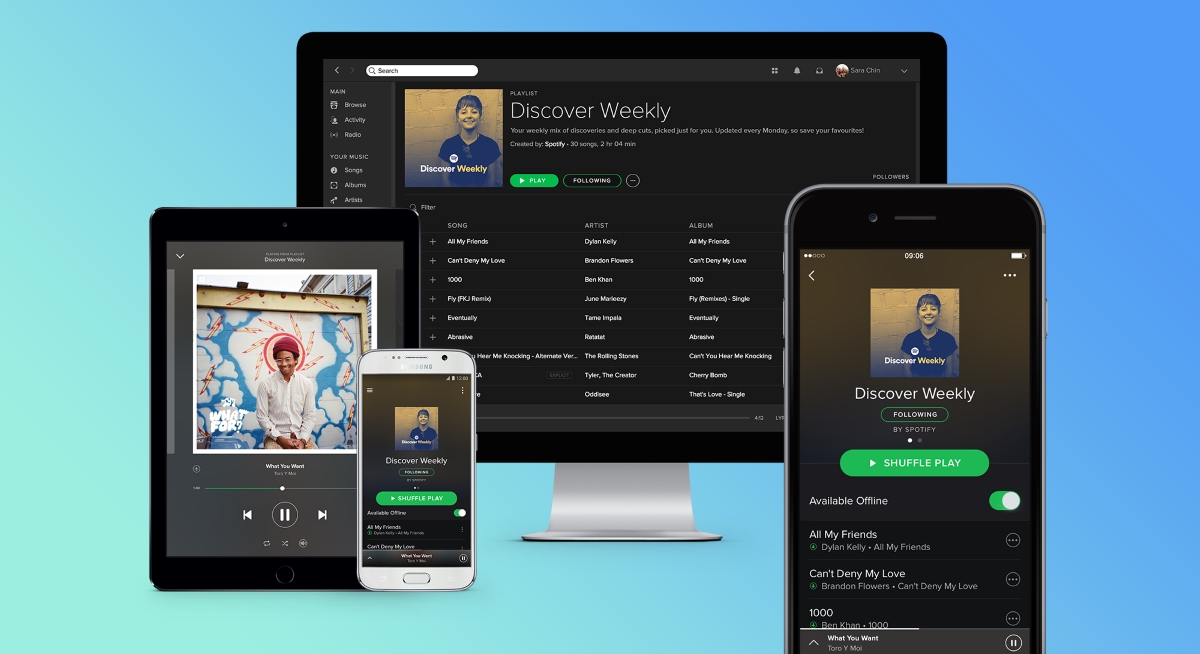 UK music fans spent more than £1bn on streaming music services for the first time in 2019, according to figures from the Entertainment Retailers Association (ERA), the trade association representing the vast majority of retailers and digital services offering music, video and games.
UK music fans spent more than £1bn on streaming music services for the first time in 2019, according to figures from the Entertainment Retailers Association (ERA), the trade association representing the vast majority of retailers and digital services offering music, video and games.
The figure is four times higher than five years ago, and means that music fans spent than twice as much accessing music than they did acquiring it on physical formats or through downloads last year, with the £1bn spent on streaming drawfing the £122.6m spent on downloading music.
Overall, spending on music, video and games, including digital and physical formats, rose by 2.4 per cent to £7.8bn.
The figures show the extent to which entertainment is now consumed digitally. Overall, spending on physical entertainment formats fell by 21 per cent year-on-year. More than 80 per cent of total entertainment spend is now on digital formats.
While expenditure on entertainment overall grew by 2.4 per cent in 2019, spending on video surged by 9.5 per cent,. driven entirely by the continuing rise of digital, ranging from downloads from Amazon, Apple and Sky Store and increasingly from streaming services such as Netflix, Amazon Prime and Sky’s Now TV.
Digital video sales grew by 21.5 per cent to £2.11bn, while physical revenues decreased 22.7 per cent to £500m. In cash terms it meant Britons spent £147m less on physical video formats in 2019 than in 2018, but £373m more on digital and subscription. The biggest video hit of 2019 was the Queen biopic Bohemian Rhapsody with 1.7m copies sold, two thirds of them on physical formats.
Games remains entertainment’s biggest sector, almost as large as video and music combined, but after years of growth in 2019 the sector shrunk by 3.4 per cent to £3.77bn – its first year without growth since 2012.
The reason for the stumble was the inevitable slowdown in sales ahead of the expected launch in late 2020 of the new PlayStation and Xbox consoles. The last such downturn came ahead of the launch of the current generation of Sony and Microsoft consoles in 2013.
Expenditure on physical games software declined 21.7 per cent in 2019 to £602.5m, while spend on online and mobile gaming increased 1.1 per cent to £3.17bn.
“The rise of digital entertainment services has created the biggest revolution in UK leisure habits in history, enabling people to access the music, video and games they love wherever and whenever they want, and transforming the fortunes of record labels, filmmakers and games developers,” said ERA CEO, Kim Bayley. “The fact that in 2019 over 80 per cent of entertainment spending was on digital services shows the scale of that revolution.
“There is no doubt retailers of physical product had a tough time in 2019, but physical entertainment was still a £1.4bn retail business. Sales of vinyl and 4K Ultra HD discs are buoyant and still growing and we still have huge hit phenomena like FIFA 20 which can sell 1.5m physical units at around £40 a time. Physical is down, but it’s definitely not out.”
Gavin Stirrat, VP of partner services at Supply Side Platform OpenX, said the figures were impressive, but argued that subscriptions are not the only way to make money from streaming. He said:
“Streaming has seen a real boom in the last 18 months, and that’s no secret – we only need to look at the likes of Netflix, Amazon Prime Video, Now TV, and Britbox to see how popular it’s been in the UK alone.
“So following today’s news from The Entertainment Retailers Association (ERA), we can see that popularity is translating quite comfortably into financial gain. That said, it would be short-sighted for these platforms to think that subscriptions are the best way to make a profit.
“Our latest research has shown that UK consumers watch almost 7 hours of streaming TV each week, but these consumers (88 per cent) currently don’t have more than 2 subscriptions. An ad-funded model could be the answer to providing consumers with the content they want, without demanding more money from them. While that offers a clear benefit for consumers – commercially, it also offers streaming platforms a point of differentiation in what we can see is an ever growing, and already crowded market. In essence, it really could be a win-win opportunity.”






